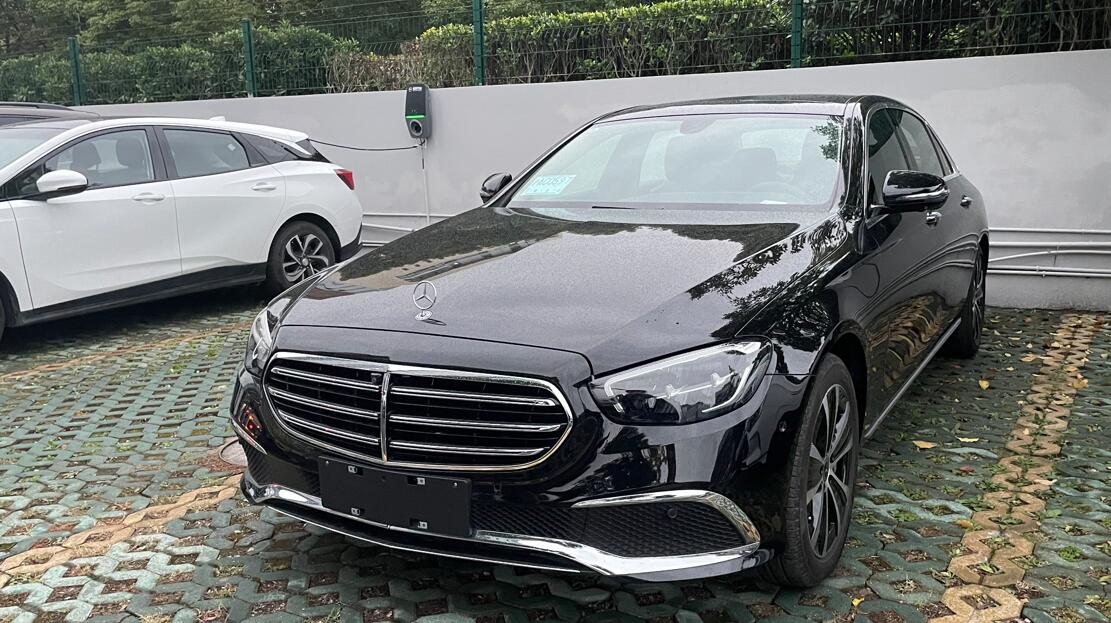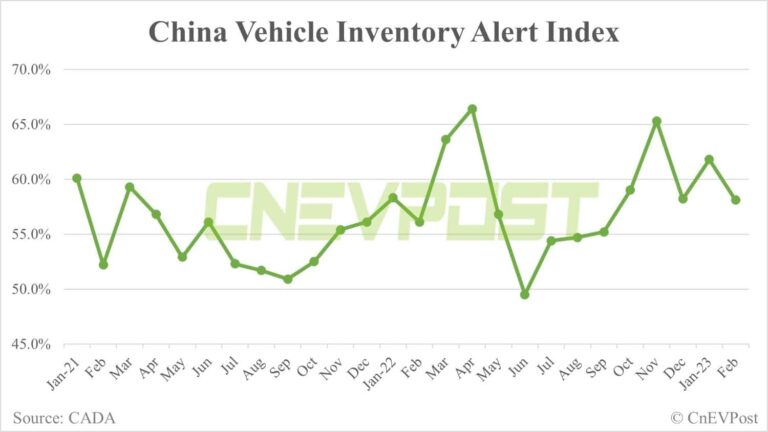Price war has been the most talked about topic in China's auto industry this month, and the imminent implementation of a new emissions standard is seen as a major factor.
(Image credit: CnEVPost)
The imminent implementation of a new emissions standard in three months is seen as a major factor behind the price war launched by internal combustion engine (ICE) automakers this month. Now, these automakers may be able to get some respite.
China's policy on extending the sales period for vehicles built to the 6a emissions standard may be announced soon, National Business Daily reported today, citing Shen Jinjun, president of the China Auto Dealers Association (CADA), as saying at a forum.
A government document on the switch to the China 6b standard and the extension of the sales period for 6a-compliant models will be released soon, Shen said, without revealing any more information.
China released the final rule for stage 6 light vehicle emission limits and measurement methods (China 6 standard) in December 2016, a new standard that combines best practices from European and US regulatory requirements.
The standard is being implemented in two phases, with the 6a standard already taking effect on July 1, 2020, and the 6b standard coming into effect on July 1, 2023.
During this month, price war has been the most talked about topic in the Chinese auto industry, and the upcoming entry into force of the 6b standard is seen as an important factor.
There are still some older models on the market that do not meet China 6b emissions regulations, and the de-stocking of these models could have an impact on production, sales and prices in the auto industry, a team from CITIC Securities said in a March 13 research note.
In early March, authorities in Hubei province joined forces with many local car companies to offer subsidies to consumers for car purchases, with some models being subsidized by as much as 90,000 yuan ($13,060). This was seen as the beginning of the massive outbreak of the price war.
Subsequently, several brands, including Volkswagen and BMW, announced similar large discounts. At the same time, some car companies made it clear that they would not participate in the price war, trying to dispel the wait-and-see sentiment of potential consumers.
The price war has had an unprecedented impact on China's auto industry, and on March 22, the China Association of Automobile Manufacturers (CAAM) called on all parties to return to rationality and bring order to the market.
On March 23, China's Auto Dealers Chamber of Commerce (CADCC) called on regulators to delay the implementation of the China 6b emissions standard.
Since the beginning of the year, the CADCC has received feedback from many auto dealer groups that they are under significant pressure to survive because of the impending full implementation of the China 6b emissions standard.
A study covering nearly 100 auto dealer groups showed that nearly 98.89 percent of them strongly recommended that China delay the implementation of the China 6b emissions standard until January 1, 2024, according to the CADCC.
These dealer groups suggest that regulators allow sufficient switchover time for car companies and dealers to deal with the existing inventory of vehicles that do not meet the China 6b emissions standard.
($1 = RMB 6.8906)


